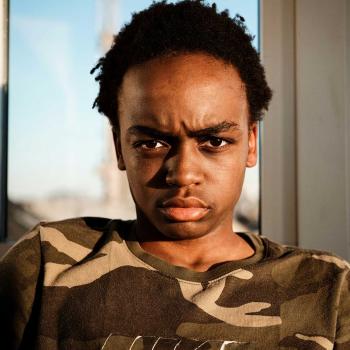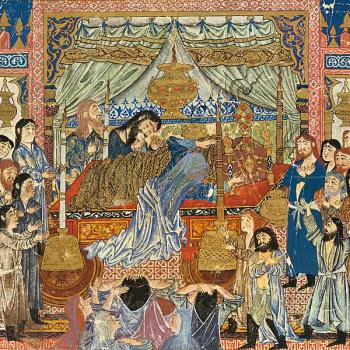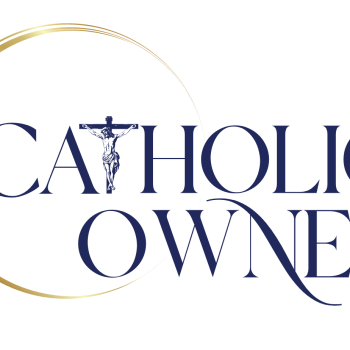The group of nine was inseparable after the excommunication. Harvey, having cast his lot with the others, began to absorb the doctrines that he had once opposed. In bitterness he determined that as the "Church" had judged him of no worth, so he would judge the Church worthless. However, as a whole, the group felt more euphoric than bitter now that the matter was formally concluded. Commenting on the departure of the missionaries returning to France, Silver wrote: "We were so happy and they all looked so sad. They must have thought we were true devils. We of course tried to be understanding but there was such a joy and liberty in our hearts that it was difficult not to have a smile at all times."
To their surprise Sister Wessel now joined them. Though she remained a member in good standing, she had opted to accompany them home, hoping to sort out her concerns more successfully there. The group returned to France to gather up their possessions before departing from Paris for the United States. Short of funds, Harvey hitchhiked to Nancy and back. Left by the Church to their own devices to get home, they pooled their money to obtain ship's passage.
Suddenly, Harvey received word that news of his excommunication may have caused a tragedy at his home in Utah. The bishop in his ward, mortified by the excommunication, had announced to the congregation that Harvey would never be rebaptized as long as he was bishop. Perhaps a result of the shocking news from France, the bishop's vindictive public announcement, or perhaps merely an unhappy coincidence, Harvey's father had suffered a heart attack. Desperate to get home, Harvey obtained a loan from his girlfriend in Utah to pay for airfare and returned separately from the others.
Among the missionaries who left London unscathed were some who still had doubts. Frank Willardsen remembers that his companion compensated for lingering doubts by immersing himself in the work (Willardsen 1986). Church authorities fully suspected latent sympathies among the elders. Before the year 1958 ended, Elray L. Christiansen, an assistant to the Quorum of the Twelve, toured the mission and stringently interviewed each missionary. While wrenching, the events in London may well have been usefully cathartic. Many missionaries felt revitalized, learning to balance work and service with prayer, study, and introspection as sources of testimony.
In December 1959, a little over a year after the trial, President Moyle visited the mission. Anticipating the new year, he asked the mission leaders what baptismal goal they ought to set for themselves. They consulted and agreed on 400, four times the average baptismal rate of the ten years previous. President Moyle chuckled and said, "I love to see men with more faith than I have." Then more seriously he added, "Brethren, you can have those 400 by the 4th of July." By 4 July 1960, 404 new converts had been baptized, and by the end of 1960 the baptismal total stood at 942. It was an exceptional year in which the mission broke from the statistical mire of its past and was regenerated with an influx of new members.
In the longer term, the experience taught those who knew and had admired Elder Tucker that appearances can deceive. All too often, young unprepared elders and sisters had unwillingly adopted beliefs that were convincingly presented, but contrary to the very work they were engaged in.
Church authorities, also unprepared to deal with these unprecedented events and personalities, failed to prevent apostasy, though their efforts pared down the size of it. Yet, more sadly, no winnowing process is error-proof and in the case of Loftin Harvey, the interviewers may not have distinguished between overly scrupulous honesty and genuine apostasy.
Consequently, Harvey exited the formal trial in London only to face the greater trial of living with the verdict. It was not easy for Harvey to return home. He suffered from the ostracism attendant to excommunication at that period. His father, who had survived the heart attack, and his mother told him he was being influenced by an evil spirit. With self-justification and some vengeance in mind he obtained an audience with Presiding Bishop Isaacson whom he had last seen in France. Accompanied by his girlfriend, he confronted the bishop with scriptural problems for which Isaacson could provide no answers. Harvey was satisfied to think he had made him look foolish in his girlfriend's eyes. She was a little comforted, wanting to be loyal to Harvey, but remained confused. His vengeful desire now somewhat sated, he telephoned Apostle Brown. Brown welcomed him with open arms and, true to his promise, listened to Harvey for hours.
Harvey then felt a need to investigate the propositions of the LeBaron movement. Mexico had become the designated gathering place of the excommunicated French missionaries. Harvey was the first of the group to arrive, yet he stayed only a couple of days, then left satisfied that he had not found what he wanted.




